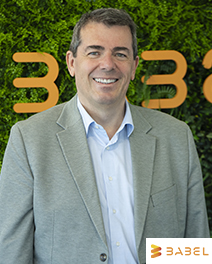28/10/2025
Interview with Marcelino Oreja, President of GreenYellow Spain
The current energy transition cannot be understood without technology. The challenge is no longer just to produce renewable energy, but to achieve real decarbonization—reducing emissions and optimizing consumption. Companies like GreenYellow are leading this change through models that combine investment, efficient management, and automation, enabling their clients to accelerate their own decarbonization processes without taking on major financial risks.
The true differentiator lies in how technology drives that efficiency. Digitalization and artificial intelligence make it possible to measure, control, and reduce consumption in real time, ensuring that every kilowatt counts. Automating and analyzing data is no longer optional—it’s the foundation for a more flexible energy system, capable of adapting to industrial demands and grid peaks, thus maximizing the value of each project.
Moreover, the change is not only technical but also strategic. The new energy model will be distributed and collaborative, combining large-scale generation with local production and smart storage. Fuels such as biomethane or synthetic alternatives will coexist with renewable electricity, creating a hybrid ecosystem that will transform the market and open new opportunities for innovation and entrepreneurship.
The future depends on investing in technology and talent. From hybrid networks with batteries to the use of AI or blockchain, the key lies in anticipating and scaling solutions that make the energy sector a sustainable driving force. Because the energy of the future will not only be cleaner—it will also be smarter, more efficient, and closer to the people and businesses that need it.


